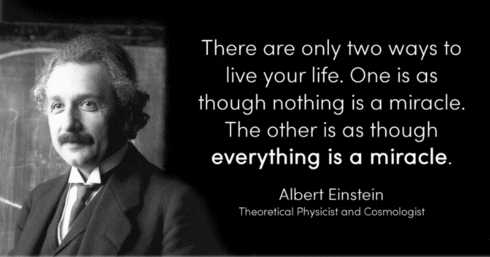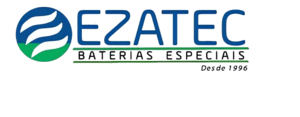A Study on the Economic Impacts of Fuel Cell Bus Development
and the Importance of Fuel Cell Bus Supply Expansion Policy
Hyun Seok Park
Graduate School of Management of Technology
Pukyong National University
Abstract
The transition from "Carbon Economy" to "Hydrogen Economy" heralds an
innovative change worldwide. The hydrogen economy refers to an economic
industrial structure that uses hydrogen as a major energy source. Korea has
also announced a roadmap to vitalize the hydrogen economy to take the lead
in these changes. Korea plans to build an industrial ecosystem that can lead
the global hydrogen economy with its strengths of "Fuel Cell Electric Vehicles"
and "Fuel Cells" as the two pillars. Examining the degree of social acceptance
of this new innovation, the goal of supplying fuel cell electric vehicles, it is
estimated that it is in the process of moving beyond early adopters to early
majorities. In order for the hydrogen economy to vitalize, it must pass ‘The
Chasm’, a discontinuous surface of social acceptance, and a plan is needed for
it.
This paper attempted to derive policy implications necessary for vitalizing the
hydrogen economy. What is particularly noteworthy is that the development of
fuel cell buses and the supply of fuel cell buses contribute greatly to the
vitalization of the hydrogen economy. Therefore, the purpose of this study is
to present the economic impact of fuel cell bus development and to show the
priority among the policies supplying fuel cell bus. As a research method, an
input-output analysis was performed to present the economic impact, and a
analytic hierarchy process was performed to show the priority among the
policies supplying fuel cell bus.
This study by input-output analysis redefines the fuel cell bus industry based
on the 2018 input-output table and calculates the production, value-added, and
employment induction effects caused by exogenous specification and analyzes
the forward and backward linkage effects. According to the analysis results,
the production induction effect caused by the fuel cell bus is 0.704, the
value-added induction effect is 0.267, and the employment induction effect is
estimated as 2.944 people/billion won. Moreover, out of the total 34 industries,
the forward linkage effect is ranked 17th and the backward linkage effect is
ranked 13th, which is analyzed as an industry with a strong intermediate
property in both the forward and backward.
This study by analytic hierarchy process expressed the support policy for the
distribution of fuel cell buses as an AHP hierarchical diagram. And, the survey
was conducted on busan metrobus company. For analysis, 'Expert Choice
2000', a specialized program, was used. As a result of the analysis, 45.8% of
"supporting the supply of hydrogen charging stations", 34.0% of "supporting
the supply of fuel cell buses", 12.5% of "technology advancement", and 7.7% of
"institutional support". It can be seen that busan metrobus company evaluated
"supporting the supply of hydrogen charging stations" as the most important.
The results of this paper are expected to serve as policy guidelines for the
expansion of the fuel cell bus industry, and the expansion of fuel cell bus
supply is expected to serve as an important trigger for revitalizing the
hydrogen economy.
VIEW FULL TEXT ORIGINAL LINK:

.gif)










